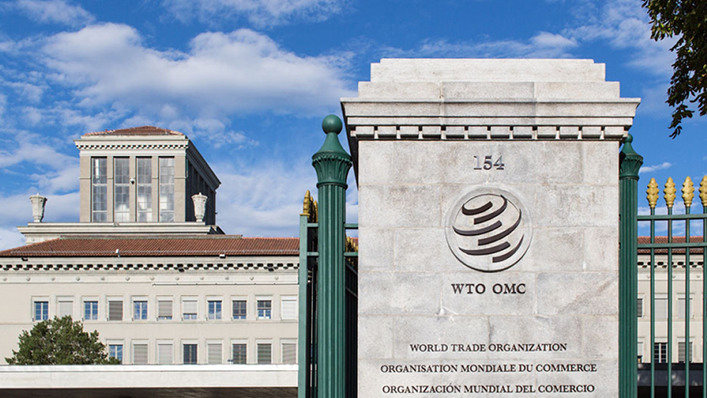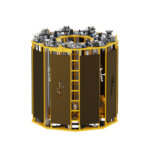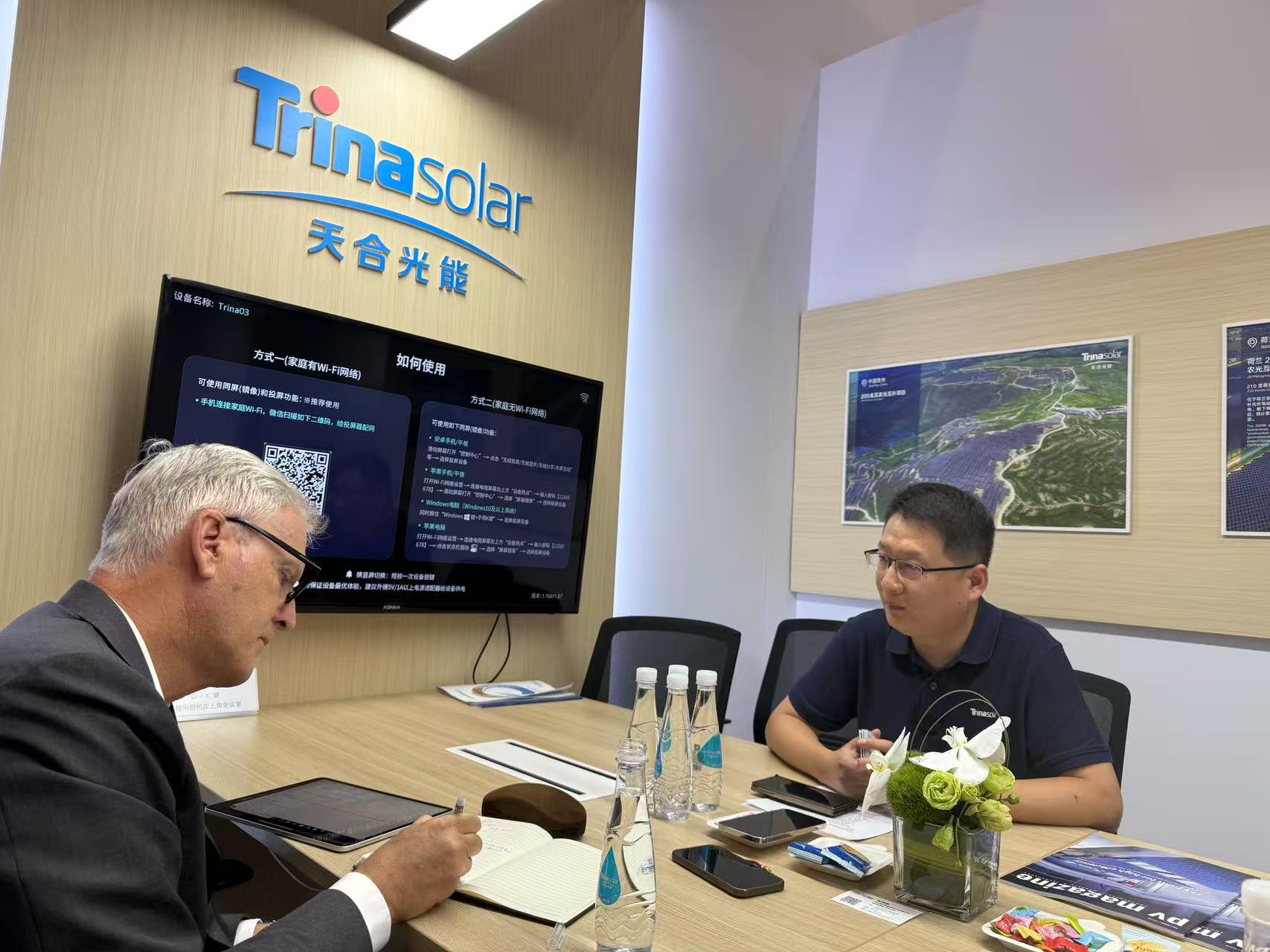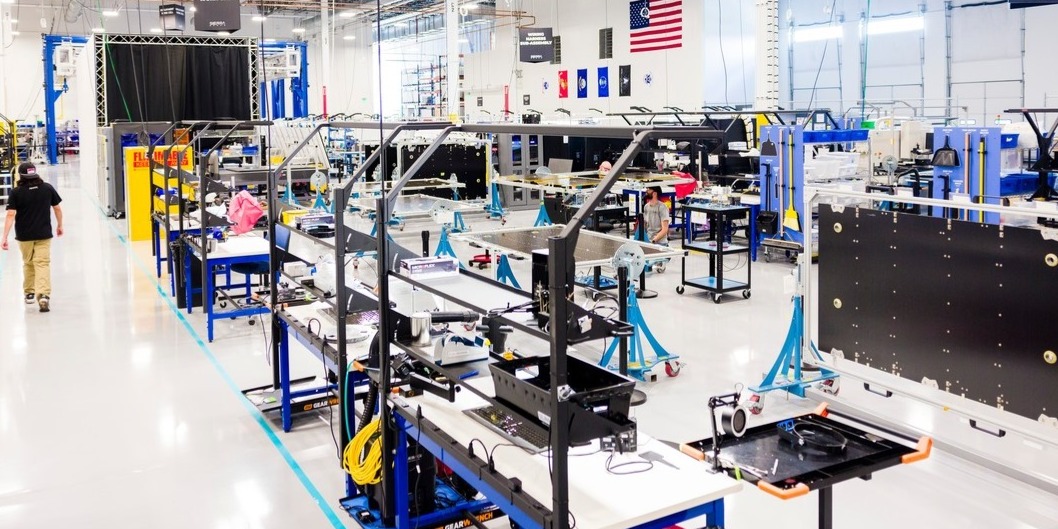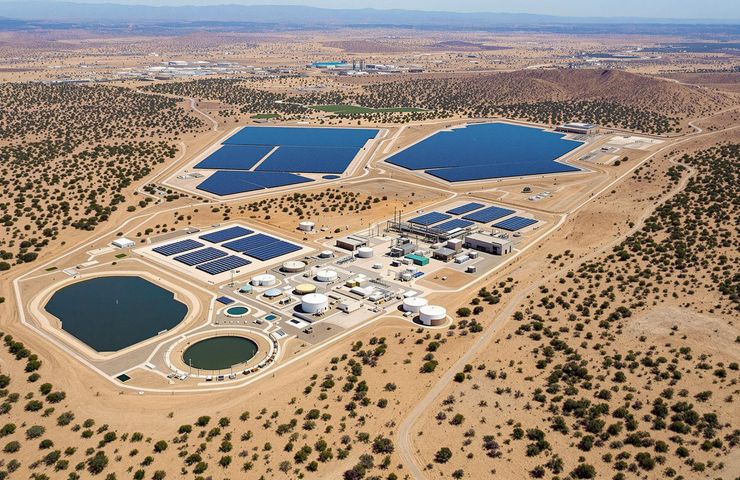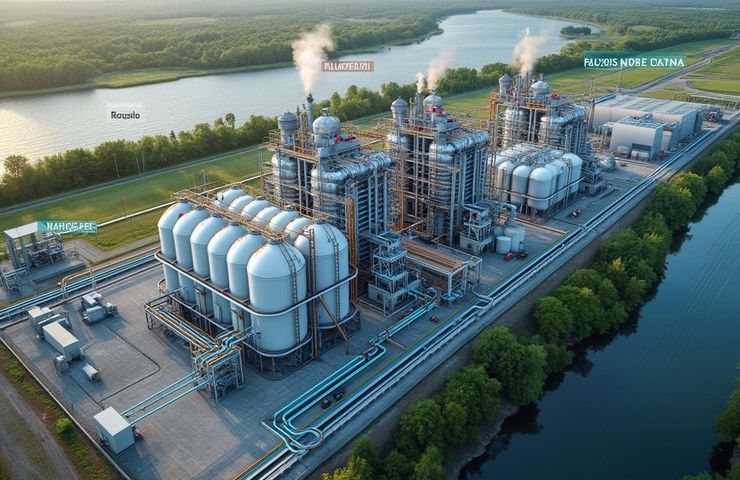Resch Battery Modules – Automotive supplier reduces costs by a third
Resch Battery Modules – Automotive supplier reduces costs by a third Resch Battery Modules – Automotive Supplier Reduces Costs by a Third – Automotive Supplier Reduces Costs by a Third […] The post Resch Battery Modules – Automotive supplier reduces costs by a third appeared first on Hydrogen Central.

Resch Battery Modules – Automotive supplier reduces costs by a third
Resch Battery Modules – Automotive Supplier Reduces Costs by a Third – Automotive Supplier Reduces Costs by a Third – They are the heart of modern electric vehicles and stationary energy storage systems. However, their design has so far been a weak point. To date, the systems are neither repairable nor recycled. There are also open questions regarding fire protection. A new solution now comes from Austria: The technology company Resch has developed an innovative battery system that does not require adhesives or welded joints. Several automobile manufacturers are currently considering series development based on the domestic solution.
The technological infrastructure of the future is being created in China, South Korea, and Japan. In Asia’s “gigafactories,” not only battery cells are being developed, but also modules and complete storage systems are being manufactured – for electric vehicles, stationary storage systems, industrial plants, and mobile applications. Battery design – that is, the way the cells are arranged, connected, and cooled – follows a clear goal: maximum efficiency with minimal variance. To achieve this, the cells are glued or welded into carrier systems or housings – for stable yet rigid units. The problem is that the immutable battery modules can neither be repaired
nor recycled – because individual defective cells cannot be removed.
This is precisely where the Austrian technology company Resch comes in. The family business in St. Stefan im Rosental, southeast Styria, began developing a new type of system in 2023 – it’s a “revolutionary approach,” emphasizes Gerald Resch, who runs the company together with his wife Andrea Resch.
The most striking difference between this solution and existing approaches is the complete abandonment of adhesives and welded joints.
Resch, explains:
Instead, the individual cells are mechanically plugged in – this allows defective cells to be replaced selectively without replacing the entire module.
“You have to imagine it like Lego,”
This also facilitates recycling at the end of the batteries’ life cycle. Another advantage: the system is compatible with all common cell types.
The managing director continues,
We’ve completely rethought the battery module. Partly because of the appeal of launching a marketable solution from Europe,
This has been a success not only from a technological perspective. Resch anticipates cost savings of up to a third in the case of series development – compared to the competition.
A wealth of expertise from the innovative Austrians – the R&D ratio is 18 percent – makes this possible. At the headquarters in St. Stefan im Rosental, expertise in design, fixture construction, production of high-voltage and e-mobility components, and assembly analysis are bundled.
Resch, says:
We can map the entire value chain.
This very interplay of design, production, and realistic validation is the basis for the new system,Machining, friction stir welding, and additive manufacturing are also performed in-house.
The owner-managed company has certainly secured the interest of international industry: Several Central European automotive manufacturers are currently considering series development of the Styrian innovation.
Resch, confirms:
We are in promising discussions,
He hints that the solution is particularly attractive for newcomers to the automotive industry. But applications in other sectors are also possible, Resch emphasizes:
Our process can be used anywhere an electric battery is involved—from aircraft to ships to battery storage systems.
Integrated security system
In any case, not only small but also large series could be reproduced:
The entire system is designed from the ground up to allow for fully automated production,
emphasizes the head of the company, founded in 2000. This is also due to its incredibly simple construction: The assembly begins with a starting plate into which all common cell types can be clamped. The subsequent modular support allows for variable lengths – depending on the number of cells and power output. The final stage is an end plate with integrated cooling. Another key component is the safety concept against “thermal propagation” – i.e., the spread of a cell fire to neighboring cells.
The managing director, explains:
If a cell overheats and catches fire, it can sweep neighboring cells away – like in a chain reaction.
“Our system prevents this: with a folding mechanism that diverts gases and particles downwards in a controlled manner – and with a separation barrier that insulates heat,”
READ the latest news shaping the hydrogen market at Hydrogen Central
Resch Battery Modules – Automotive supplier reduces costs by a third, source
The post Resch Battery Modules – Automotive supplier reduces costs by a third appeared first on Hydrogen Central.
What's Your Reaction?










